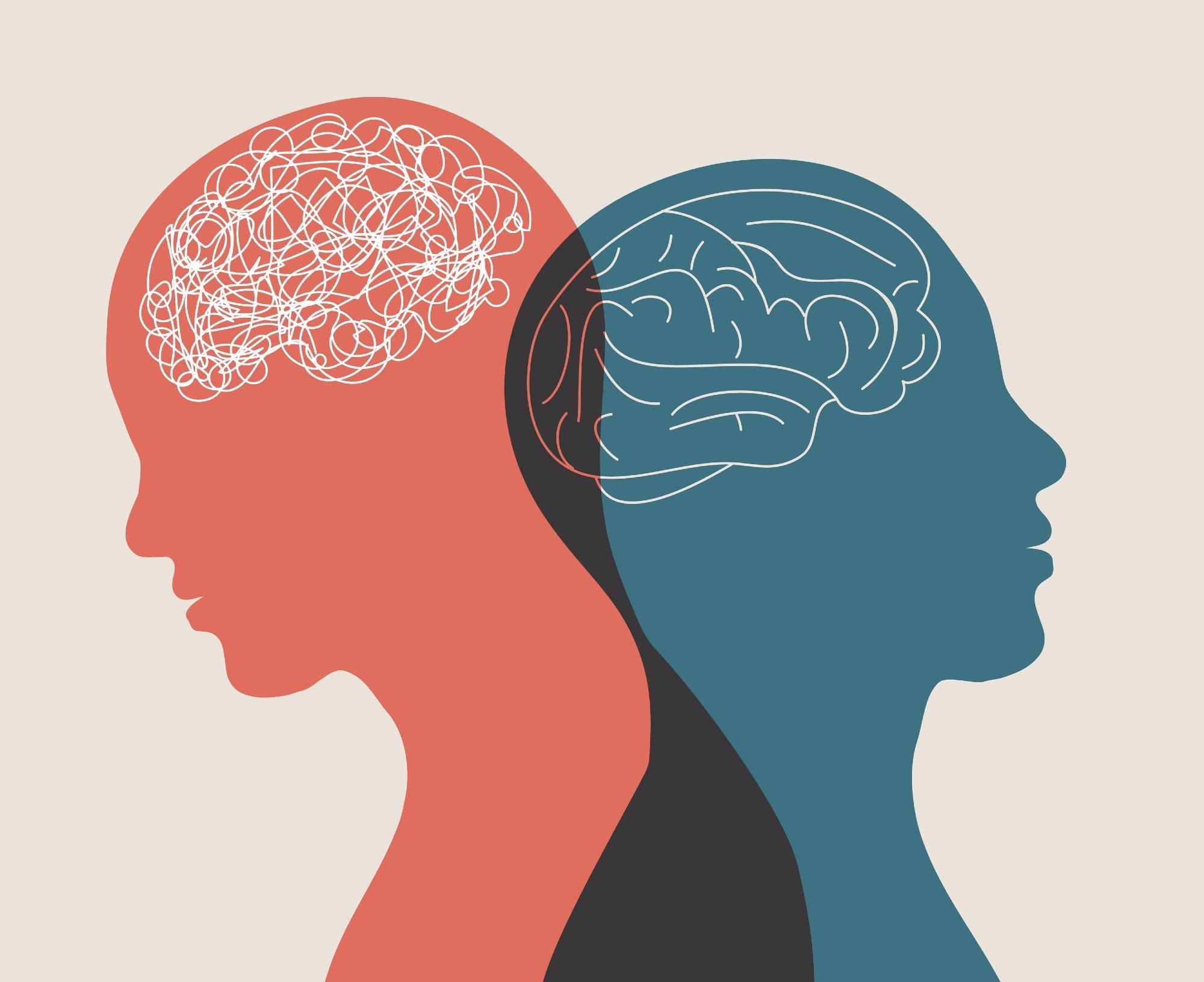Social media has revolutionized the way we communicate, connect, and share information with others. It has become an integral part of our daily lives, with billions of people around the world using various social media platforms to stay connected and informed. However, the rise of social media has also had a significant impact on mental health, both positive and negative. In this essay, we will explore the ways in which social media affects mental health and the steps that can be taken to promote a healthy relationship with social media.
On the positive side, social media has provided a platform for people to connect with others who share similar interests and experiences. It has allowed people to form communities and support groups, providing a sense of belonging and validation. Social media has also created opportunities for people to share their stories and raise awareness about mental health issues, reducing stigma and promoting empathy and understanding.
However, there are also negative impacts of social media on mental health. One of the most significant is the pressure to present a perfect image of oneself online. Social media platforms are often filled with carefully curated images and posts that showcase only the best and most positive aspects of a person's life. This can create unrealistic expectations and lead to feelings of inadequacy or low self-esteem, particularly among young people who are still developing their self-identity.
Social media has also been linked to increased levels of anxiety and depression. Studies have found that frequent use of social media can lead to feelings of social isolation and loneliness, as well as a decrease in overall life satisfaction. This is particularly true for individuals who spend a lot of time comparing themselves to others on social media, or who use social media as a way to escape from real-world problems.
The constant stream of information and notifications on social media can also be overwhelming and stressful. The need to constantly check and respond to messages and notifications can lead to feelings of anxiety and a sense of being unable to disconnect from the digital world. This can interfere with sleep patterns and create a vicious cycle of stress and fatigue.
In addition to these negative impacts, social media has also been linked to cyberbullying, which can have severe consequences for mental health. Cyberbullying is the use of technology to harass, embarrass, or intimidate another person. It can take many forms, including spreading rumors or lies, sharing embarrassing photos or videos, or sending threatening messages. Cyberbullying can be particularly harmful because it can be difficult to escape, with the bullying following the victim wherever they go online.
Despite these negative impacts, there are steps that can be taken to promote a healthy relationship with social media. One of the most important is to set boundaries and limit the amount of time spent on social media. This can be done by setting specific times of day for checking social media, or by turning off notifications and taking breaks from social media altogether.
Another important step is to be mindful of the content being consumed on social media. It is important to be aware of the impact that certain posts and images can have on mental health, and to avoid content that triggers negative emotions or feelings of inadequacy. It may also be helpful to follow accounts that promote positivity and mental health awareness, and to engage in conversations with others who share similar experiences.
Finally, it is important to seek support when needed. This can be in the form of professional mental health services, or through support groups and online communities. It is important to remember that there is no shame in seeking help, and that there are many resources available for those who are struggling with mental health issues.
In conclusion, social media has had a significant impact on mental health, both positive and negative. While it has created opportunities for connection and support, it has also created pressure to present a perfect image and has been linked to increased levels of anxiety and depression. It is important to promote a healthy relationship with social media by setting boundaries, being mindful of content, and seeking support when needed. By doing so, we can harness the positive aspects of social media while minimizing its negative impact on mental health.




0 Comments